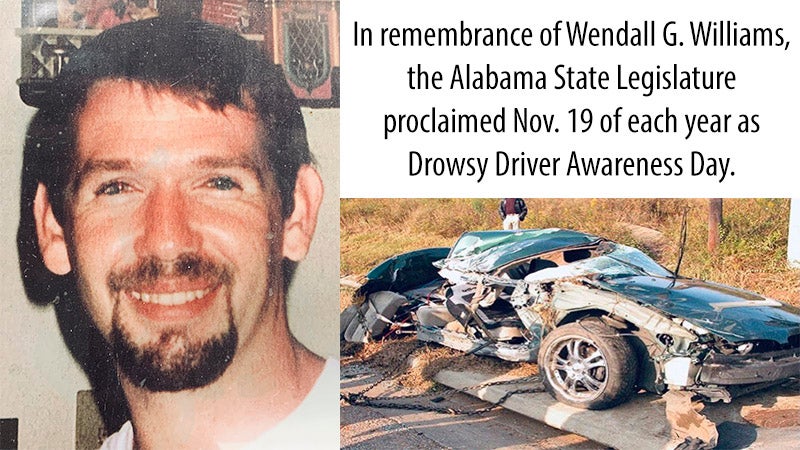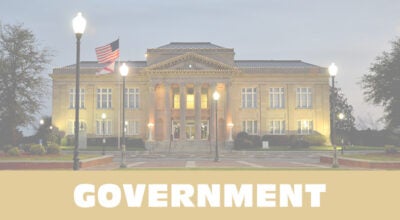Forest Service’s controlled burns include 41K acres in Conecuh Forest
Published 1:58 am Thursday, February 28, 2019
Federal fire management specialists with the USDA Forest Service will use prescribed fires (controlled burns) as a management tool to remove excessive ground debris on 115,000 acres of land in national forests in Alabama this year.
The process is used to help reduce the size and severity of wildfires. The annual prescribed burns are in the Bankhead, Conecuh, Talladega and Tuskegee National Forests. Approximately 41,203 acres is in the Conecuh National Forest in Covington and Coffee counties.
According to Jay Edwards, acting forest supervisor for the National Forests in Alabama, the USDA Forest Service will conduct dormant and growing season prescribed burns starting at the beginning of the year and continuing for six months. The prescribed burn is an intentionally set fire used to reduce hazardous fuels such as fallen trees and brush that rest on the forest floor. Fire management specialist also use prescribed fire to improve plant and animal habitats that depend on fire.
Prescribed burns will only take place if weather conditions are favorable. Please note that visibility could be decreased by smoke in the general areas of the burn and at night as air cools and smoke settles in low lying areas. If someone is driving in the area of the burn or encounter smoke, we ask that you slow down, turn on your headlights and proceed with caution. Pay special attention for increased presence of Forest Service equipment and burn crew in these areas. Also note that occasionally trails and special use areas that are impacted by the burn will be closed for public safety and should be avoided. Maps that highlight controlled burn areas can be viewed online at www.fs.usda.gov/alabama under the Know Before You Go section. If you have questions about the following prescribed burns, contact the following Forest Service district offices:
• Conecuh Forest is planning to burn 41,203 acres in Escambia and Covington Counties, for additional information, call (334) 222-2555.





